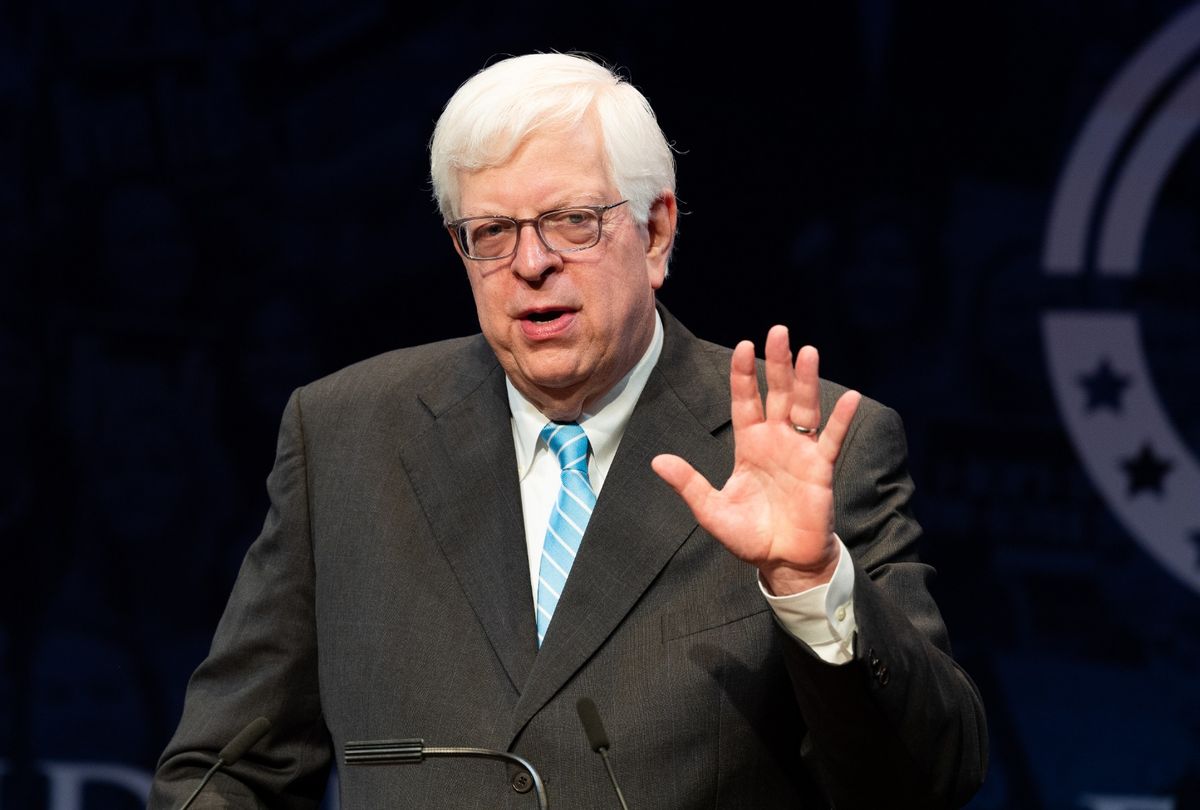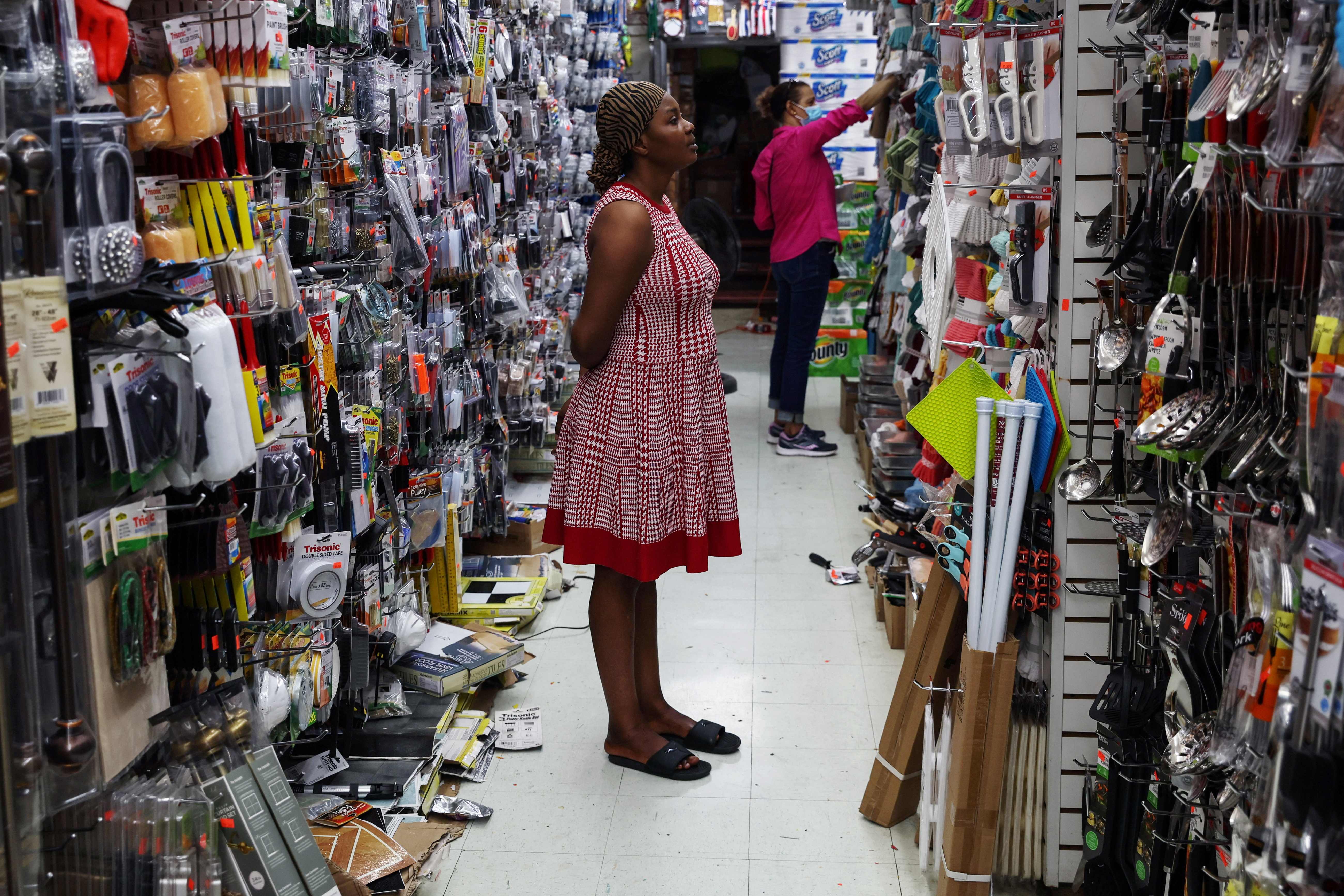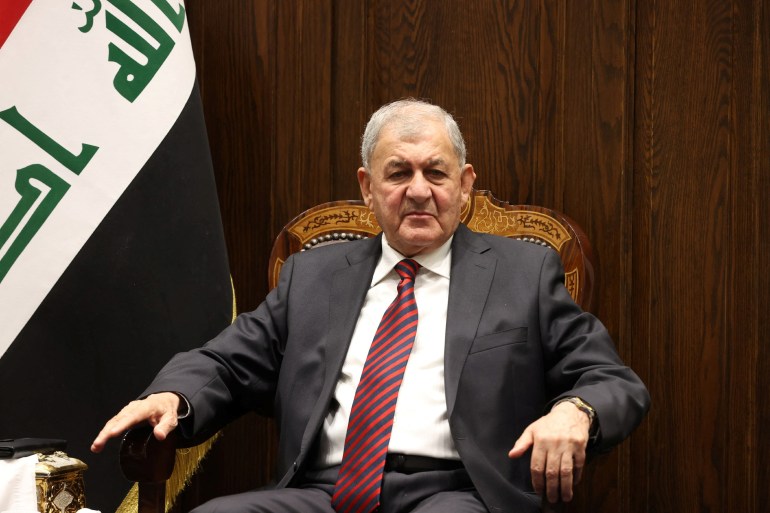Jellyfish found in Sudbury-area lake
Cottage Life - Yesterday
This past summer, scuba divers in Sudbury discovered an unlikely form of aquatic life in the city’s Ramsey Lake. In late August, diving instructor Jason Fox captured a video of jellyfish, marking the first time the invasive species has been documented in Ontario outside of the Great Lakes. In a video, translucent, dime-sized craspedacusta sowerbii jellyfish pulsate with tentacles suspended in the water column.

Jellyfish found in Sudbury-area lake© Photo by Rostislav Stefanek/ Shutterstock
“It’s a crazy story and it’s received a lot of attention,” says John Gunn, Canada Research Chair in biology at Sudbury’s Laurentian University and the director of the Vale Living With Lakes Centre. “Jellyfish are usually thought of as marine species. People find it remarkable to learn that we have them here in freshwater.”
Fox told CBC that he “basically stopped counting” jellyfish after three weekend dives in Ramsey Lake, estimating to have seen 50 or more on September 11. His photos and video is the first evidence of jellyfish in Ramsey Lake, but Gunn suspects they’ve been around for perhaps a decade or more. Craspedacusta sowerbii, which is native to China’s Yangtze River, arrived in North America in the 1930s. “It likely came in ships’ ballast water or as part of the aquarium plants trade,” Gunn explains. “It is yet another example of the many species that have joined North American flora and fauna due to human movements.”
How to avoid spreading invasive species in lakes
The scientific literature suggests the freshwater jellyfish found in Ramsey Lake are innocuous. They eat microscopic phytoplankton in the water column, haven’t been linked to any adverse ecological effects, and swimmers don’t need to worry about the toxic stingers of some marine jellyfish. “They’re elegant and mesmerizing,” adds Gunn. “Divers and swimmers will really enjoy watching them in the water.”
Still, Gunn says the discovery is another cautionary tale of invasive species. “They aren’t like silver carp,” he notes, referencing the oversized exotic fish that have taken over waterways in the southern United States. Gunn hopes jellyfish in Ramsey Lake serve as a reminder of the ways humans have transported plants and animals all around the globe. “When you look at the lake,” he says, “realize that you’re glimpsing into a whole sea of biota that’s made its way here from elsewhere.
“We don’t have any specific concerns with jellyfish, but we do have to worry about others,” Gunn adds. “Stuff gets moved around in bait buckets and on motorboats. Humans are the vectors of countless nuisance species. We have to be extra cautious.”
This past summer, scuba divers in Sudbury discovered an unlikely form of aquatic life in the city’s Ramsey Lake. In late August, diving instructor Jason Fox captured a video of jellyfish, marking the first time the invasive species has been documented in Ontario outside of the Great Lakes. In a video, translucent, dime-sized craspedacusta sowerbii jellyfish pulsate with tentacles suspended in the water column.

Jellyfish found in Sudbury-area lake© Photo by Rostislav Stefanek/ Shutterstock
“It’s a crazy story and it’s received a lot of attention,” says John Gunn, Canada Research Chair in biology at Sudbury’s Laurentian University and the director of the Vale Living With Lakes Centre. “Jellyfish are usually thought of as marine species. People find it remarkable to learn that we have them here in freshwater.”
Fox told CBC that he “basically stopped counting” jellyfish after three weekend dives in Ramsey Lake, estimating to have seen 50 or more on September 11. His photos and video is the first evidence of jellyfish in Ramsey Lake, but Gunn suspects they’ve been around for perhaps a decade or more. Craspedacusta sowerbii, which is native to China’s Yangtze River, arrived in North America in the 1930s. “It likely came in ships’ ballast water or as part of the aquarium plants trade,” Gunn explains. “It is yet another example of the many species that have joined North American flora and fauna due to human movements.”
How to avoid spreading invasive species in lakes
The scientific literature suggests the freshwater jellyfish found in Ramsey Lake are innocuous. They eat microscopic phytoplankton in the water column, haven’t been linked to any adverse ecological effects, and swimmers don’t need to worry about the toxic stingers of some marine jellyfish. “They’re elegant and mesmerizing,” adds Gunn. “Divers and swimmers will really enjoy watching them in the water.”
Still, Gunn says the discovery is another cautionary tale of invasive species. “They aren’t like silver carp,” he notes, referencing the oversized exotic fish that have taken over waterways in the southern United States. Gunn hopes jellyfish in Ramsey Lake serve as a reminder of the ways humans have transported plants and animals all around the globe. “When you look at the lake,” he says, “realize that you’re glimpsing into a whole sea of biota that’s made its way here from elsewhere.
“We don’t have any specific concerns with jellyfish, but we do have to worry about others,” Gunn adds. “Stuff gets moved around in bait buckets and on motorboats. Humans are the vectors of countless nuisance species. We have to be extra cautious.”










:quality(70)/cloudfront-eu-central-1.images.arcpublishing.com/thenational/F2OZMWLGBG65QBTY2IVSW5DDUE.jpg)